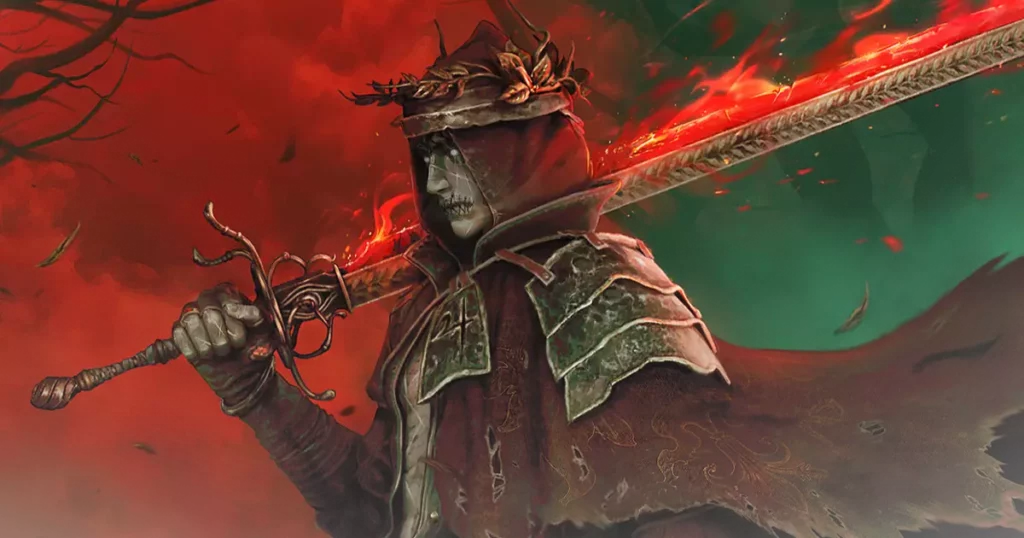At first glance, the idea of transforming Dante Alighieri’s profound and dense Divina Commedia into a video game may seem like an ambitious venture, but skepticism quickly arises when considering the practicality and respect for this literary masterpiece. Jyamma Games, known for their stylized approach to action RPGs, is venturing into a territory fraught with pitfalls—mainly the risk of trivializing or misrepresenting a work that shaped Western literary tradition. Their spin, with combat classes, procedurally generated dungeons, and customizable gear, suggests a superficial engagement that could be perceived as a blatant commercialization of Dante’s profound exploration of morality and spirituality. The artistic and philosophical depth of La Divina Commedia demands a sensitivity that is often lacking in mainstream video game adaptations, which tend to prioritize spectacle over substance.
Superficial Gamification of Deep Theology
One of the most glaring issues in this proposed adaptation is the potential commodification of Dante’s intricate allegories. Unlike contemporary game formulas that rely heavily on loot, upgrades, and level grinding, Dante’s journey is an introspective odyssey that transcends mere mechanics. To reduce the infernal descent into a series of procedurally generated loot hunts risks stripping away the poem’s spiritual richness. Instead of serving as a mirror to human morality, the game risks becoming a shallow hack-and-slash where the circles of Hell are merely levels to conquer rather than stages of moral reflection. This superficial gamification risks turning a nuanced theological allegory into a mere playground for violence and visual spectacle, fundamentally betraying the complex symbolism that Dante painstakingly crafted.
Questionable Artistic and Narrative Direction
While Jyamma’s past work, such as Enotria, hinted at an appreciation for establishing immersive worlds, their approach to adapting La Divina Commedia appears to lean more towards sensationalism than sensitivity. Framing the narrative as a “world where the poem has replaced old faith,” and positioning the player as a “warrior-poet,” may seem poetic on paper, but it dangerously simplifies Dante’s moral universe into a hero’s journey that may dilute the original message. The emphasis on combat, factions, and personal redemption in a game setting introduces a level of interpretative risk: Will it honor the poem’s moral complexity or reduce it to a backdrop for action sequences? This is especially critical considering the historical, religious, and philosophical weight that underpins Dante’s work. A mishandling could lead to a distorted, shallow interpretation that commodifies Dante’s profound moral inquiry.
Delusions of Procedural Paradise
The inclusion of procedural generation—specifically for extraction dungeons—raises significant questions about the coherence of the game’s universe. Procedural content is a staple in modern gaming, promising infinite replayability and diversity; however, applied to Dante’s structured cosmos, it feels out of place. Hell, as envisioned by Dante, is a meticulously ordered universe rooted in divine justice, not randomly generated maelstroms of monsters and loot. Introducing randomness into such a sacred and intricately crafted mythological landscape risks undermining its symbolic integrity. It turns the solemn and poetic into a chaotic amalgam of gaming tropes, where spiritual progression becomes just another activity in a procedurally generated hellscape. This not only risks trivializing Dante’s moral universe but also alienates players seeking a meaningful exploration of existential themes.
The Implication of Commercializing a Sacred Text
Finally, there’s an underlying concern about the commercial motives behind this adaptation. Video games are increasingly motivated by profitability, often at the expense of artistic integrity. Transforming Dante’s Inferno into a product that focuses on loot, gear, and combat mechanics suggests a prioritization of marketability over reverence. When venerable texts are turned into entertainment franchises, there’s a danger of diluting their essence, turning profound moral and spiritual questions into superficial gameplay hooks. As a center-right liberal who believes in the importance of cultural preservation and artistic authenticity, I see this as a worrying trend—one that risks commodifying culture in the pursuit of profit, thereby diminishing the societal value of literary classics.
In the end, Jyamma’s La Divina Commedia offers an intriguing premise but one fraught with peril. Without careful handling, it might turn Dante’s divine poetic odyssey into just another hack-and-slash adventure—an insult to both the source material and the audience seeking meaningful engagement.









Leave a Reply